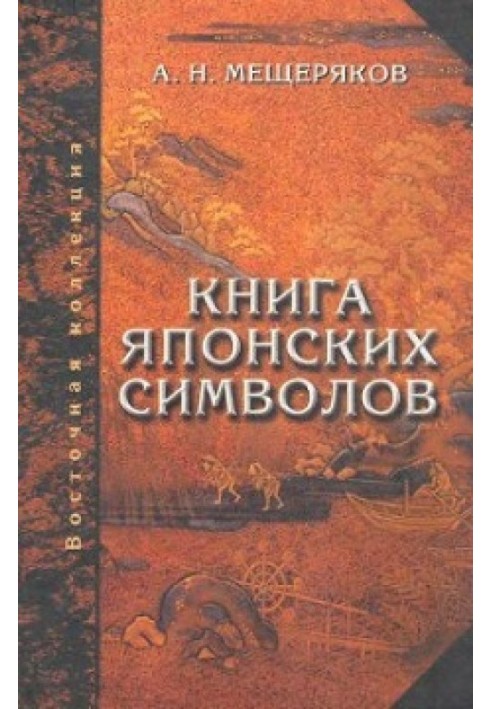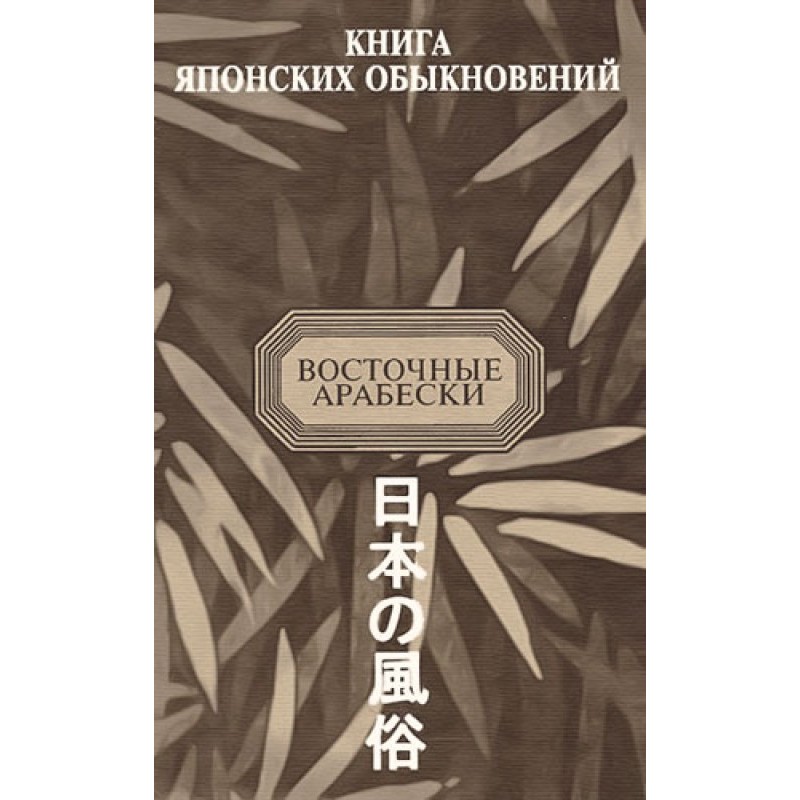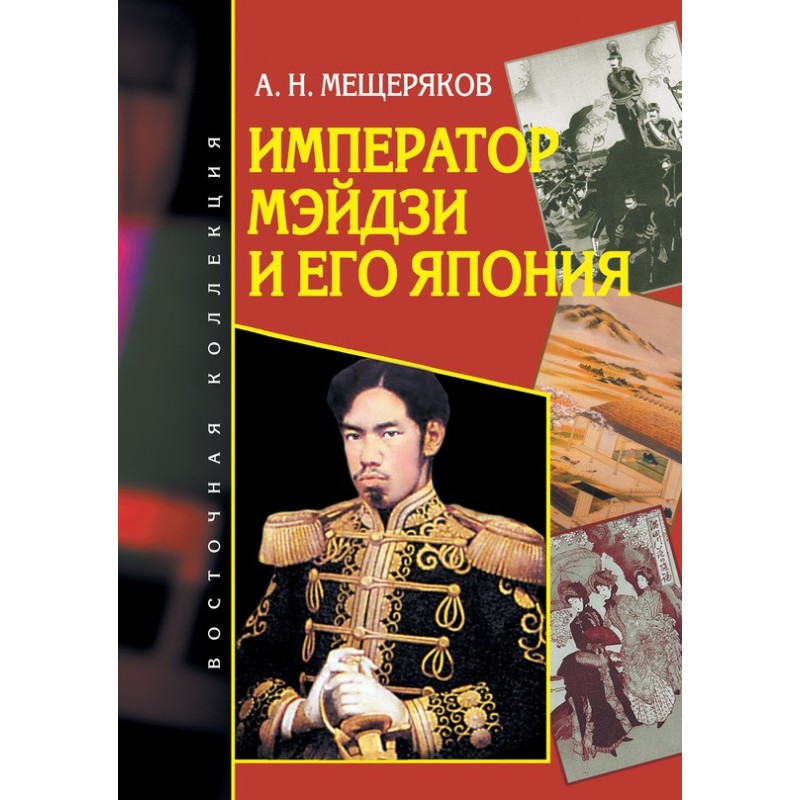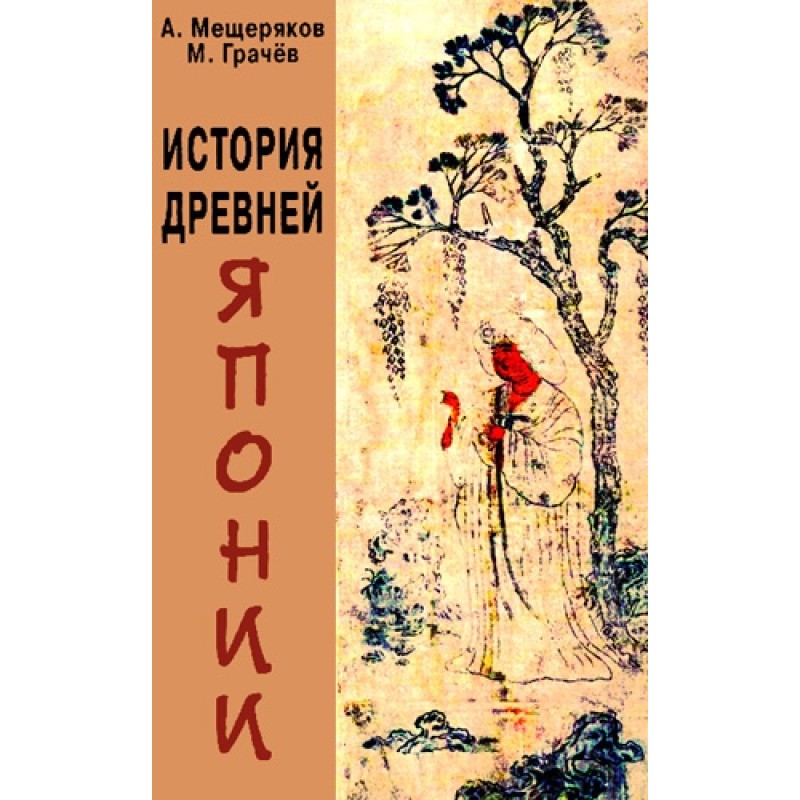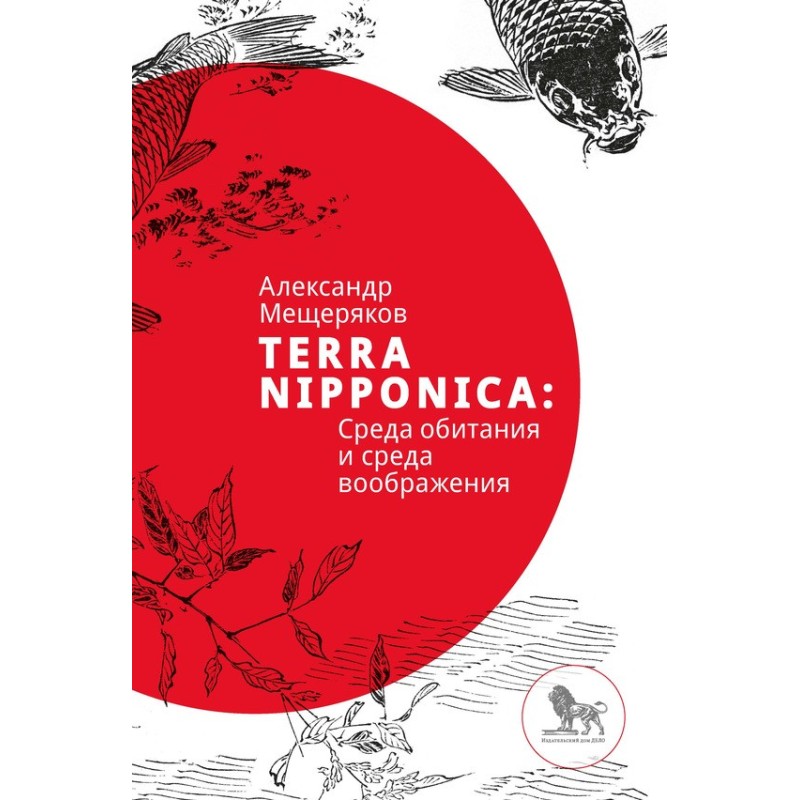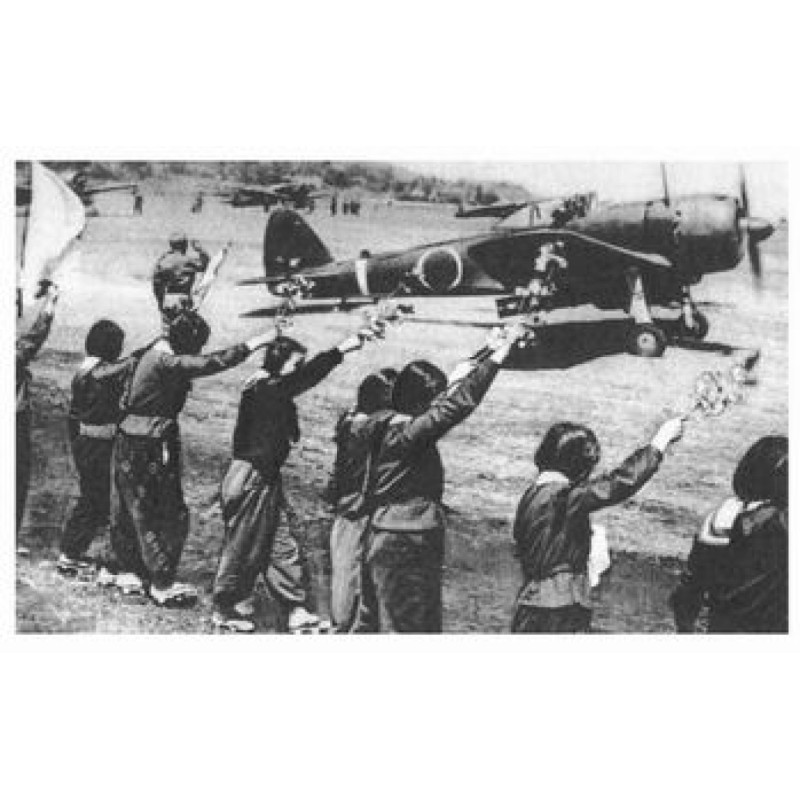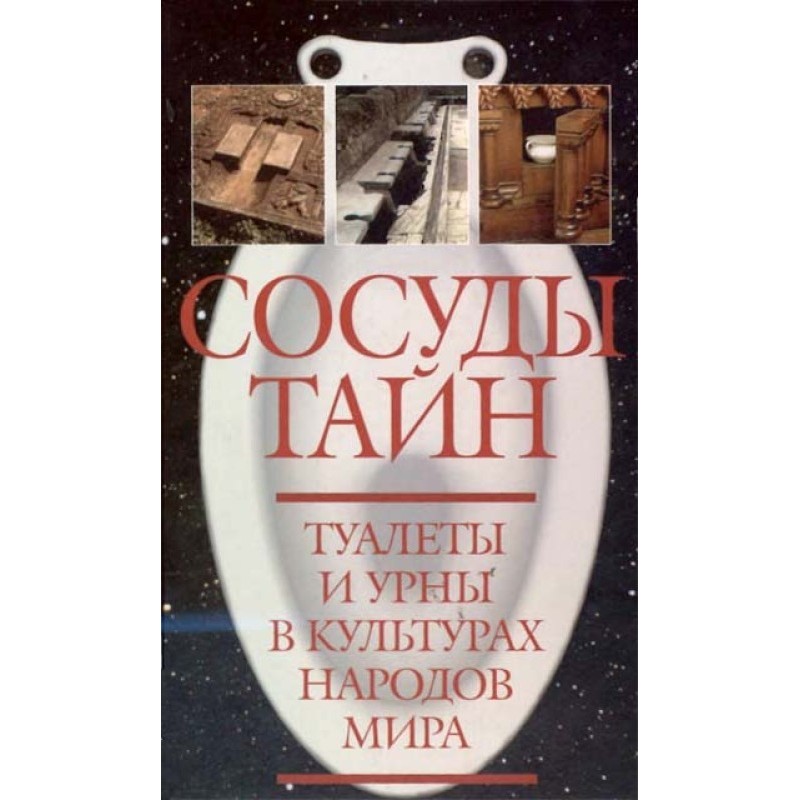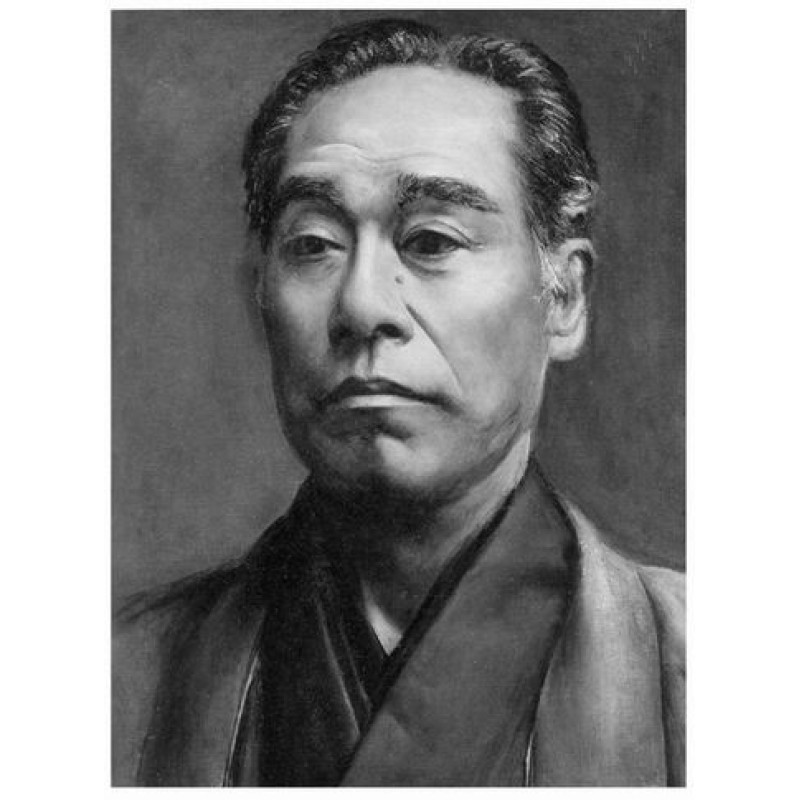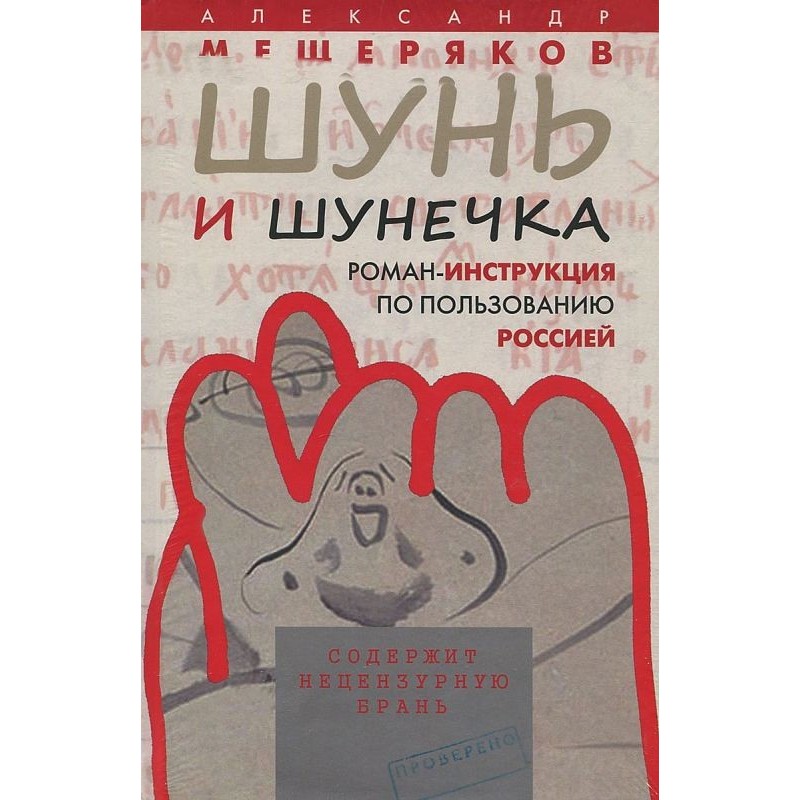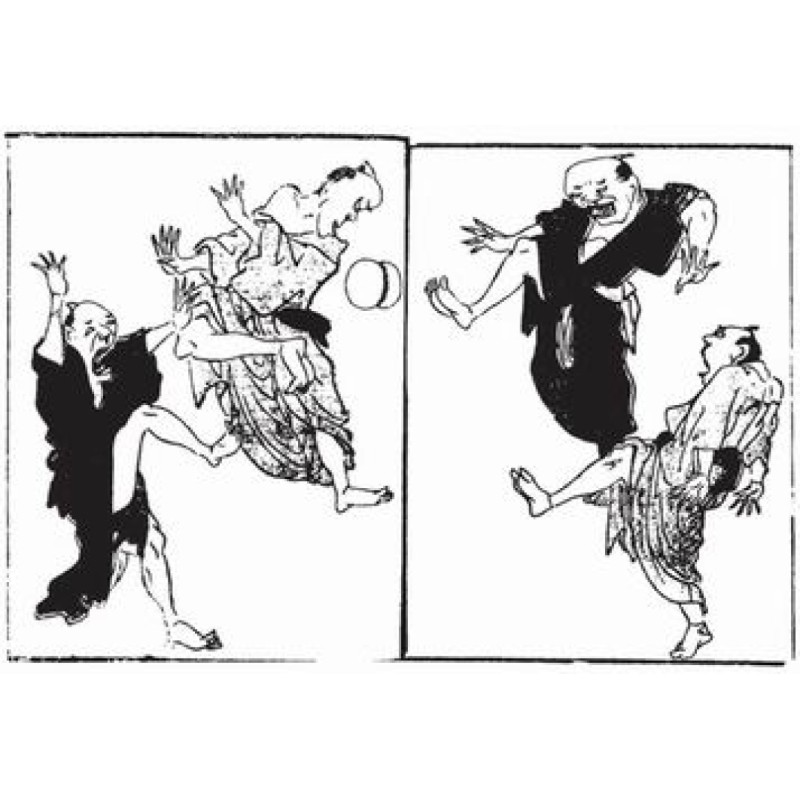Book of Japanese symbols. Book of Japanese Customs
 Instant download
Instant download
after payment (24/7)
 Wide range of formats
Wide range of formats
(for all gadgets)
 Full book
Full book
(including for Apple and Android)
Every culture intertwines everyday habits and symbolic meanings. Japanese culture is no exception. Author of numerous books about Japan A.N. Meshcheryakov talks about the everyday life of the inhabitants of this country and the symbolic world that they created. This book is a gift to anyone who wants to understand how the Japanese live and how they see the world they created. The book is richly illustrated and addressed to those who are interested in the culture of the peoples of the Far East.
Contents: BOOK OF JAPANESE SYMBOLSPrefaceChronological memoState symbolsEmperor . - Country "Japan". — Japanese people. - Hymn. - Flag. — Sovereign Dzimmu (translation by L.M. Ermakova). — Princess Sozareishi (translation by M.V. Toropygina) Plants Sakura. - Pine. - Bamboo. — Flower pollen (P. Tarasov). - About how, when you see a village boy cried as the cherry blossoms fell (translation by G.G. Sviridov). — Kawabata Yasunari. On the tree. — A word about tearing out a bamboo sprout from the eye socket of a skull and about a miracle created by prayer. — Grandfather Taketori (translation by A.A. Kholodovich). — The Tale of Old Man Taketori (translation by V.N. Markova) InsectsCricket. - Fireflies. - Silkworm. — Lover of caterpillars. — Kawabata Yasunari. Cicada and cricketBirds Warbler. - Cuckoo. - Falcon. — About how Kannon turned into a snake (translation by G.G. Sviridov). — Kawabata Yasunari. Neighbours. — Kawabata Yasunari. Sparrow matchmaking. — Kawabato Yasunari. MagpieAnimalsCats. - Dogs. - Cows. - Horses. - Deer. - Turtle. - Cat and mouse. — About the dog of the chancellor and fortuneteller Seimei (translation by G.G. Sviridov). — Kawabata Yasunari. Black peony. — A word about how a father he appropriated his son's grain and was reborn as a bull. — A story about how a monk appropriated firewood intended for boiling water and was reborn as a bull. — About how a man who visited the temple of Hasedera received miraculous mercy (translation by G.G. Sviridov). — A word about reward in this life for believing in the Three Treasures, honoring monks and reading sutras. — A word about how Myoken Bodhisattva miraculously turned into a deer and pointed at the thief. — Urashima Toro (translation by M.V. Toropygina) PiscesCarp. - Catfish. - Goldfish. — A word about the fish that the monk wanted to feast on and which turned into the “Lotus Sutra” in order to protect him from the laity. — About how the abbot of the Izumo temple killed his father, although he knew that he had turned into a catfish (translation by G.G. Sviridov). — Genji the monkey (translation by M.V. Toropygina). — Kawabata Yasunari. Fish on the roofThingsMirror. - Umbrella. - Paper. - Fan. — About the foundation of the Mirror Temple. — Kawabata Yasunari. Mirror. — Kawabata Yasunari. The blind man and the girl. — Endo Shusaku. Mirror (translation by M.V. Toropygina). — About how the monk received paper and rice from the Kamo temple (translation by G.G. Sviridov]. — Kawabata Yasunari. Rain at the station. — Kawabata Yasunari. Umbrella of Relaxation Tea. — Tobacco. — Gambling. — About how Daruma for observed by monks in India (translation by G. G., Sviridov). - About how two thousand worships in the Kiyomizu temple were played in sugoroku (translation by G. G., Sviridov). - Kawabata Yasunari. The approach of winter. People. How I became. Japaneseist and remained so. - Humanists of all countries, unite! - Cat's joys. - Football 2000 - Bad Japan. spaceInterpretationsSpreading cherry blossoms or Japan in the light of stagnation. — Mythological love and its consequences. — Information chaos of antiquity. - That's Speak and Not to Speak. — Social super-tasks of Japanese archeology. — History with literature. — “Stories collected in Uji (“Uji shui monogatari”) (translation by G.G. Sviridov). — About the monk Ein and about the dragon from the Sarusawa pond (translation by G.G. Sviridov). — Akutagawa Ryunosuke. DragonBOOK OF JAPANESE CUSTOMSPrefaceVision. A look at space and the space of a lookTime. Clock guarding moneyFig. Indicator of national well-beingFood. Fish that conquered meatAlcohol. Drunk in your own car: without fear for your driver's license Roads and overnight accommodations on the road. Traveling without slippersBaths. Age-old cleanliness Toilets. A historian's view, experience userTattoos. Chrysanthemums, dragons and prayersLove. Gods and goddesses, men and womenBrothels. Cheerful quarter YoshiwaraMoney. Cash coins of happiness Crimes and punishments. One step from execution to laughter
Data sheet
- Name of the Author
- Александр Мещеряков Николаевич
- Language
- Russian
- Translator
- Коллектив авторов
Reviews
Відкриття японської культури через символи та звичаї
Книга "Книга японських символів. Книга японських звичаїв" - це справжнє відкриття для всіх, хто прагне зануритися в багатогранний світ японської культури. О.М. Мещеряков майстерно поєднує глибокі знання про традиції та звичаї Японії з яскравими ілюстраціями, що робить читання не лише пізнавальним, але й візуально приємним. Кожен розділ книги розкриває нові аспекти японського життя, від символіки сакури до значення бамбука, що надає читачеві можливість зрозуміти, як японці сприймають навколишній світ. Автор також дотепно використовує міфи та легенди, щоб ілюструвати культурні цінності, що робить цю книгу не лише енциклопедією, але й художнім твором. Рекомендую цю книгу всім, хто цікавиться культурою Далекого Сходу, адже вона відкриває нові горизонти розуміння японської душі та традицій.

